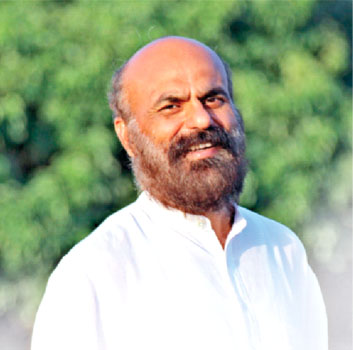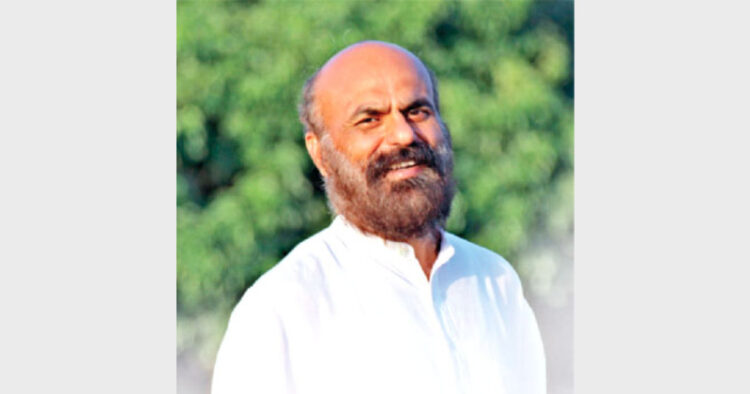With regular use of Sanskrit one’s appreciation for human values increases. It’s this transcendental aspect of Sanskrit that makes it immortal. Do you agree?

I don’t know, whether you will find this column interesting or not but, I will write it with interest. Whether it qualifies to become interesting or not, your judgement shall be mine. In this column we will be talking about uniqueness of Sanskrit language and we will do this by explaining meanings of Sanskrit and Indic words. You are welcome to mail me words of your choice and interest. We will try to understand why we term Sanskrit as divine language and is it justified? If Sanskrit doesn’t become language of international communication then who are going to be losers and why? How to pave the way for Sanskrit to assume its rightful place in world human consciousness? Sanskrit protects pure consciousness but how to protect Sanskrit? We will ruminate over many such questions related to Sanskrit in an interactive manner. Your participation and cooperation will make it interesting and widespread. We will also touch upon ultimate relationship between mother tongue and consciousness.
To make it interactive from the very beginning , let me ask you two questions, is the entity indicated by Indic origin Sanskrit word ‘Atman’ same in your experience as whatever is indicated by English term ‘soul/spirit’…? Does word ‘spirituality’ makes intelligible to you same treasure of experience which ‘adhyatma’ does?
When, I posed these questions to the ones exposed to both languages namely, Sanskrit and English and both cultures as well then, almost all of them responded as follows. They found concepts and definitions of ‘Atman’ and ‘Spirit’ very different from one another. And, beyond concepts and definition they found their experiences entirely different in each approach out of both. Precisely, journeying through paths devised to experience adhyatma/atma gave them some kind of experience which they found indescribable in words while traveling through spirituality/spirit didn’t show them any experiential path other than instructing to believe in some concepts mostly falling in category of moral precepts. There was nothing to experience in later approach to help enhance their intelligence, vision and perception.
What do you think? Is translating spirituality as adhyatma and, soul/spirit as atman/chid will be truthful, fair and honest? Let me know.
Here is another example which you may find more familiar if you are the one who keeps a keen eye on national discourse. In academics and media most have been translating Dharma as religion for so long that it has now got almost established in collective consciousness as if dharma and religion were same thing. And, whosoever pointed out this mistake and tried to voice the concern and, set the tone right, such voices had been ignored by ‘omnipresent’ peers. And, this intellectual wrestling and arm twisting is still on. “Peers” with agenda and bias have no respect, space or value for openness and humility. How can real knowledge flourish without oneness, openness and humility? You may recall many instances from your own experience how you were/are made to stay as mute witness to daily scenes where wrong assumptions become means and medium in supressing sane and sensitive voices.
Do you think that translating dharma as religion will be truthful, fair and honest? Let me know.
(To be continued)
(The writer is propounder of Sahaj Smriti yog system of self-realisation and founder of Darpan Ashram)





![A Representative image [ANI Photo]](https://organiser.org/wp-content/uploads/2025/12/representative-image-e1765612818961-120x70.webp)







Comments